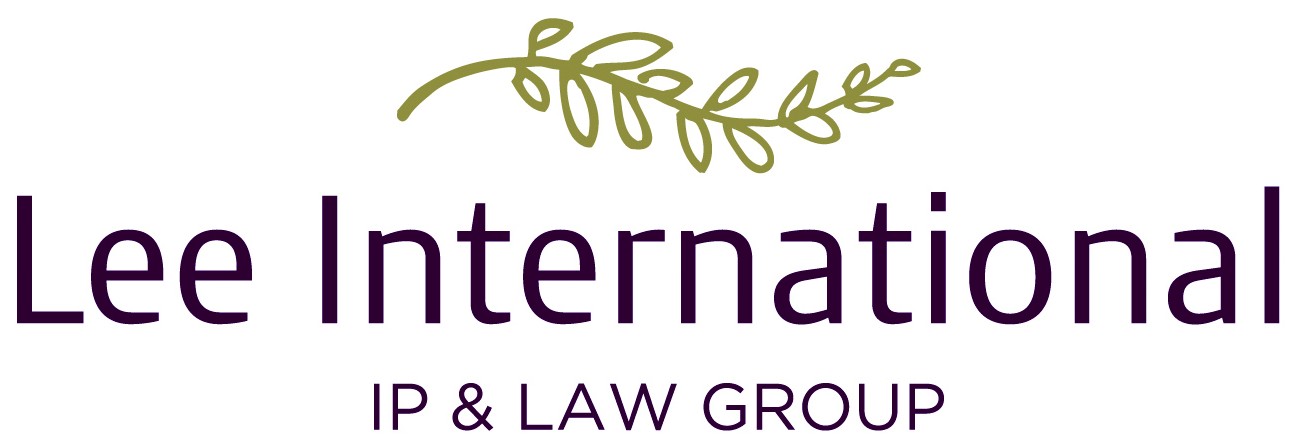 By Kim Sung-Hyun, Lee International
By Kim Sung-Hyun, Lee International
In Korea, company officers and directors may ask the question: “Is there any chance that I will be accused of breach of trust if I proceed with this transaction?”
If you are an attorney who provides legal advice to employees and executives of corporations, often you may have heard concerns like the one above. In Korea, it is a real concern, not only from a civil liability standpoint but also because of the prospect of criminal liability based on a company engaging in certain transactions.
When an executive makes a decision to choose one business option out of many others, it may not be clear as to what is the best option. If breach of trust was decided simply by determining whether the company has suffered damage as a result of a particular transaction taking place, then it would undermine the commitment of executives to act creatively and aggressively for the benefit of their companies. In situations where executives have to make quick decisions multiple times a day on matters that are difficult to predict accurately, not all decisions will be profitable for their companies. Therefore, what would be an appropriate standard for executives of a company who want to work enthusiastically and conscientiously, to prevent them from being punished for breach of trust, due to decisions they have made for their companies in good faith?
A business judgment rule is one of the standards used to strike a balance between efficiency in achieving business objectives while maintaining compliance with corporate rules and regulations designed to protect shareholders and the public. Unfortunately, the business judgment rule is quite subjective and does not provide a bright line test for avoiding liability.
Let’s look at some concrete examples. In a case where Company A acquired issued shares of Company B at a higher value than the shares’ fair value, the Supreme Court considered various circumstances when deciding if there had been a breach of trust. These included the facts that (i) Company A conducted a comprehensive review of the acquired company’s technological prowess, its corporate stature among the public, its brand value, etc; (ii) the acquisition was not made out of an intention to seek any personal benefits such as direct financial gains of the defendant executives; (iii) the financial burden borne by Company A due to the acquisition was not too significant; (iv) the acquisition was made through a lawful resolution of the board of directors of Company A; and (v) Company B normalised its management and improved its position using the funds obtained from the sale of shares.
In light of above circumstances, the Supreme Court ruled that it would be difficult to conclude that the representative director and director of Company A, who made the decision on the acquisition, had an intention to breach the trust of Company A (Supreme Court judgment 2007Do10415).
In contrast, the Supreme Court made an opposite ruling in a different case. The court ruled that when the director of a limited-liability company endorsed (endorsement is similar to a guarantee) on behalf of his company, a promissory note issued by another person, if the director knew that endorsing such a note would cause damage to his company because the other person was not financially solvent, then such director could not avoid being charged with breach of trust based on the director exercising his business judgment (Supreme Court judgment 99Do2781).
At a glance, it might appear that the two cases mentioned above are quite different from each other, since the executives in the former case only sought to advance the corporate interest, not their personal interest, and they made their decision with a sufficient amount of information, whereas in the latter case, the director was aware of the fact that his company would suffer certain damage at the time of the transaction. However, the answer is not quite that simple: what if the other person who gave the promissory note in the latter case was an important business partner of the company? What if the director had no other option since non-endorsement of the promissory note would have caused a problem in the business of the other person, posing adverse effects on the director’s company? There may be situations where it is quite hard to determine whether a breach of trust has occurred, even when applying the business judgment rule.
Nevertheless, even in such ambiguous situations, executives and attorneys who provide advice must face the moment of decision. In this regard, there are several factors that may play a crucial role in applying the business judgment rule: information and conscience. When making a decision where one cannot accurately predict if it will cause damage to the company, executives will be required to collect reasonable and accurate information to the extent possible, which information may be the basis for their decision as to whether the proposed transaction is expected to bring profit to the company. They should do their analysis by undertaking a thorough examination based on their consciences, to determine which decision, among many options, will be the best one for the company. Unlike information, conscience is not visible. Therefore, it is important for executives to also prepare and/or secure a sufficient amount of documentation to demonstrate that they have consciously examined and analysed the collected information for the company when making their decision.

T: 82 2 2262 6288
F: 82 2 2279 5020


